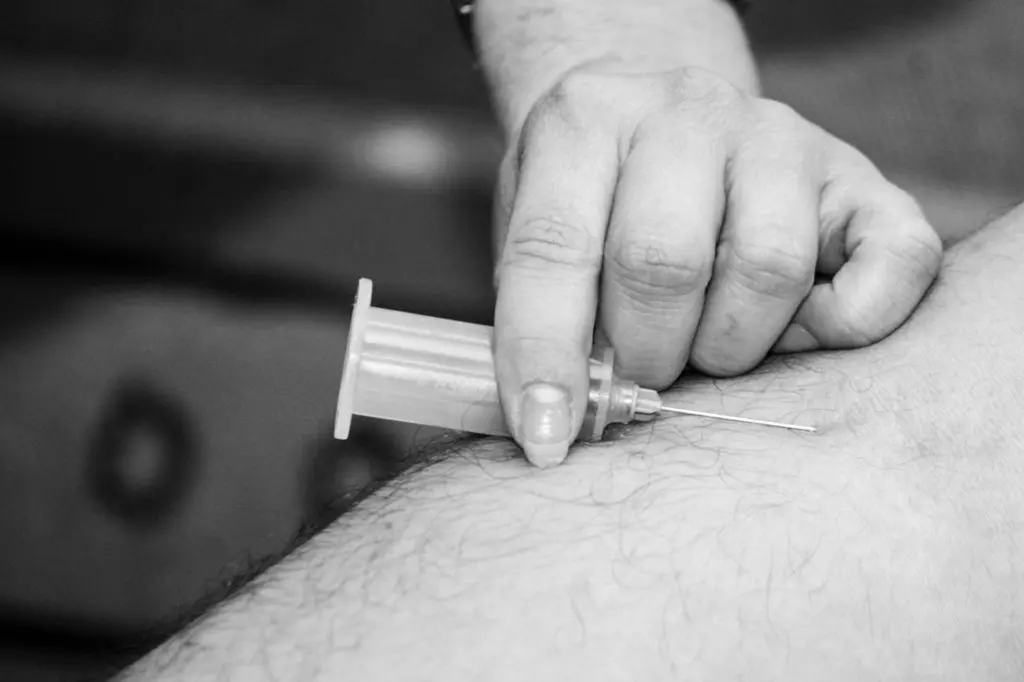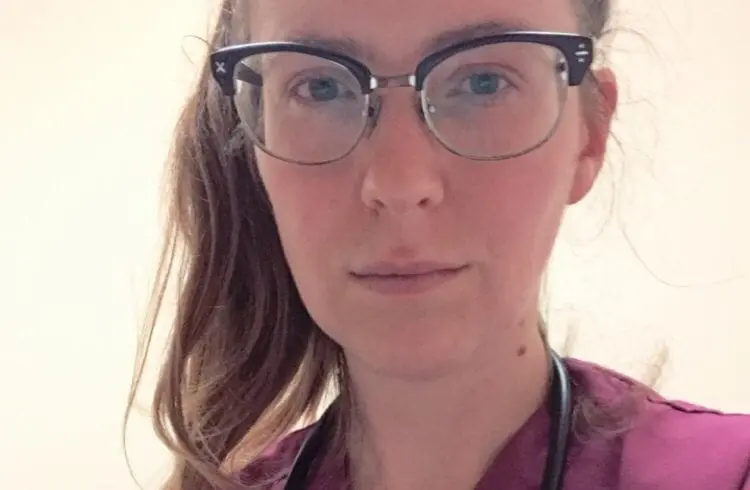Practical nursing has a long history, but one fact remains certain throughout the centuries—the world has always needed nurses.
Beginning in the dark ages, records show that nursing was originally considered more of a moral duty than a profession. In fact, a patient’s own relatives would typically be required to step in and provide the best health care support they could. But along with church intervention, scientific innovations, industrial advancements, and the building of training institutions, practical nursing has grown to become the widely respected and rewarding career we know today.
If you are planning to enroll in practical nursing courses, or you’ve recently started your program, read on for a brief history of the profession.
Practical Nursing in the Middle Ages
From the 5th to 15th centuries, the earliest known hospitals were built as places to gather the ill and needy. But these medieval hospitals were very different from our modern ones. They were places where people were taken to die, or to be quarantined for diseases like leprosy.
Medieval hospitals were breeding grounds for disease, with little to no ventilation or plumbing. Because staffing these facilities was dangerous and undesirable, it was more often the work of convicts rather than trained nurses.
The Renaissance: Practical Nursing as a Religious Vocation
Still suffering from the lowly reputation they earned in the Middle Ages, hospitals during the Renaissance did not attract many more people to the nursing profession. But with the encouragement of the Renaissance’s powerful Church leaders, people started to see nursing as a form of charity.
Nursing’s kind, caring, and nurturing aspects appealed to church-goers of the times—particularly women, as these were considered feminine character traits.
While modern careers in practical nursing now require a high degree of specialized training and expertise, the core of the profession is still indeed compassionate, “person-centred” care.
The Industrial Era: Improved Sanitation and a Practical Nursing Icon
Spanning the 18th and 19th centuries, the industrial era welcomed more mainstream hospital usage and the widespread use of antiseptic sanitation agents—largely due to the work of Florence Nightingale.
Likely the world’s most recognized name in nursing, Nightingale implemented sweeping health and safety measures across the British Commonwealth, and advocated for each patients’ wellbeing with a new, holistic approach to nursing still used today.
Nightingale’s contribution showed the world that nursing is not just about treating symptoms, but caring for a person’s safety and emotional needs. Graduates of a practical nursing program now learn to “treat the patient, not the illness.”
Wartimes Earn Nurses Well-Deserved Recognition
During WWI, more than 2,500 trained nurses served overseas as members of the Canadian Army Medical Corps (CAMC). Nicknamed “Sisters of Mercy” these nurses won the respect and affection of thousands of soldiers and citizens—even earning practical nursing’s first monument, on Parliament Hill.
By WWII, nursing was being advertised as a “proud profession,” and many more nurses rushed to enlist. By war’s end, over 4,400 nursing ‘Sisters’ served hundreds of thousands of wounded Canadians and allies.
This not only inspired the formation of the Canadian Nursing Association, BC’s Practical Nursing Act, and the founding of dozens of Canadian nursing schools, but infused the nursing profession with new medical techniques and a heightened sense of legitimacy.
Today’s Modern Practical Nursing School Scene
According to Historica Canada, nursing schools and programs have been traditionally run by men, for women. But changes in women’s rights and the legitimization of the nursing profession have promoted gender equality in nursing, helping it to become revered as an essential facet of the healthcare system and worthwhile career for both men and women alike.
The culmination of these advancements mean there’s never been a better time for becoming a practical nurse, supporting the health of your community, and making your mark on the rich history of this profession.
Are you interested in enrolling in a practical nursing school?
Visit Stenberg for more information or to speak with an advisor.










